Capture the Moment!
Since 2013, I’ve published hundreds of blog posts on all aspects of photography. Some are aimed at helping photographers with their technique, settings, and equipment, but others describe my exhibitions, workshops, and adventures in Africa, Antarctica and beyond.
Feel free to browse chronologically or click on the heading above any post for specific categories, such as Equipment, Trips or Hints and Tips.
If you’d like to write a guest post, I charge £50 + £10 per dofollow link. Please drop me a line on +44 7942 800921 or at nick@nickdalephotography.com.
(Please note that some posts contain affiliate links from which I can earn a small commission.)

A Beginner’s Guide to Wildlife Photography
Wildlife photography starts with a passion. This shot of a bear is probably my favourite—but it was a long time coming! The summer after I left university, I went to visit a friend of mine in London. He wasn’t home, but I met his mother. To pass the time, I asked if she’d been anywhere nice on holiday. “Well, I’ve actually just come back from watching bears catching salmon in Alaska!”
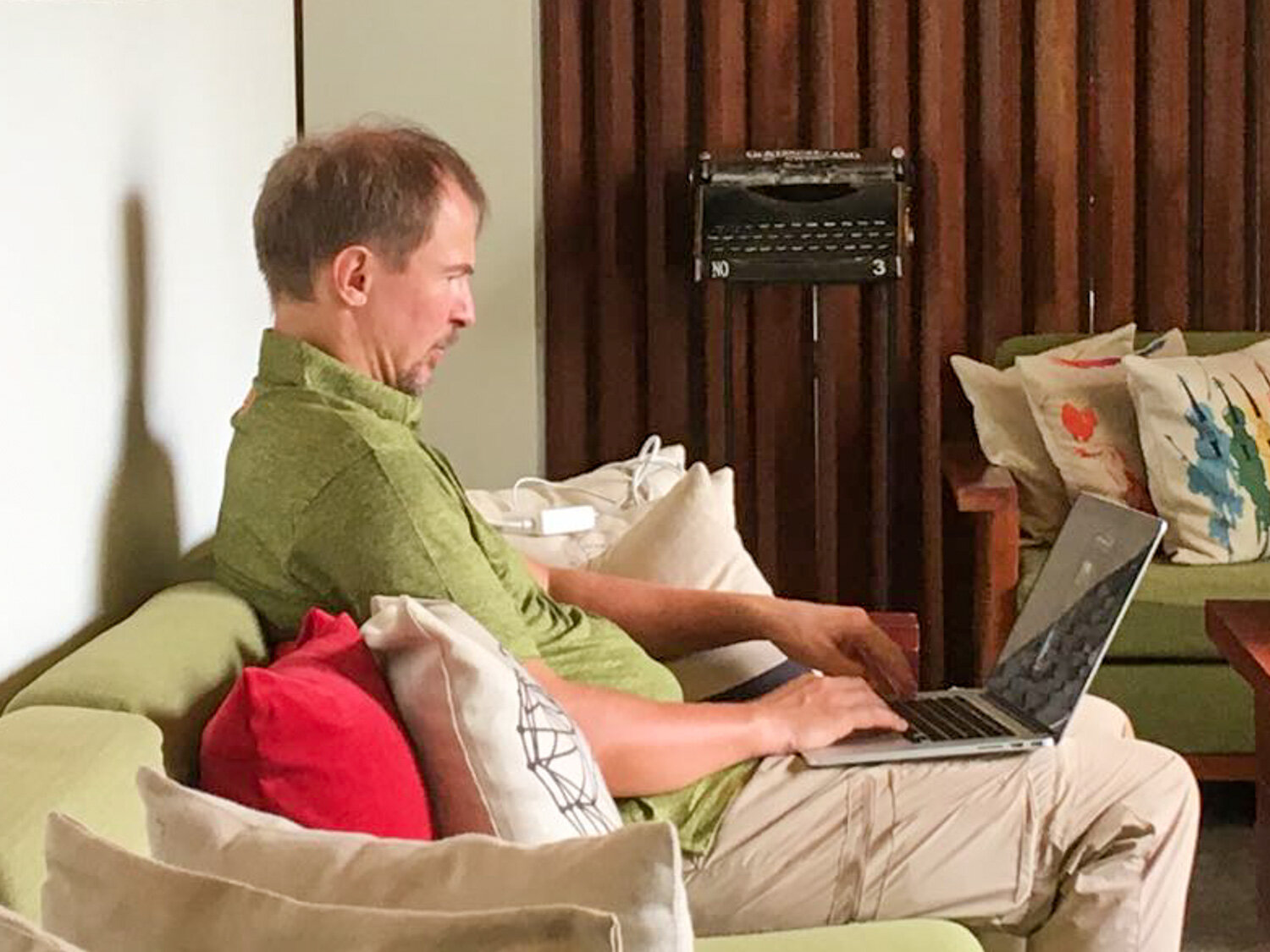
What Accessories Do You Need For Wildlife Photography?
Wildlife photography can be an expensive hobby—and it gets even worse if you end up buying lots of accessories, including memory cards, spare batteries, filters, battery grips, flashguns, drones, tripods and camera bags. And what about a computer? Editing images and video on the go demands a top-of-the-range laptop that might set you back thousands…!
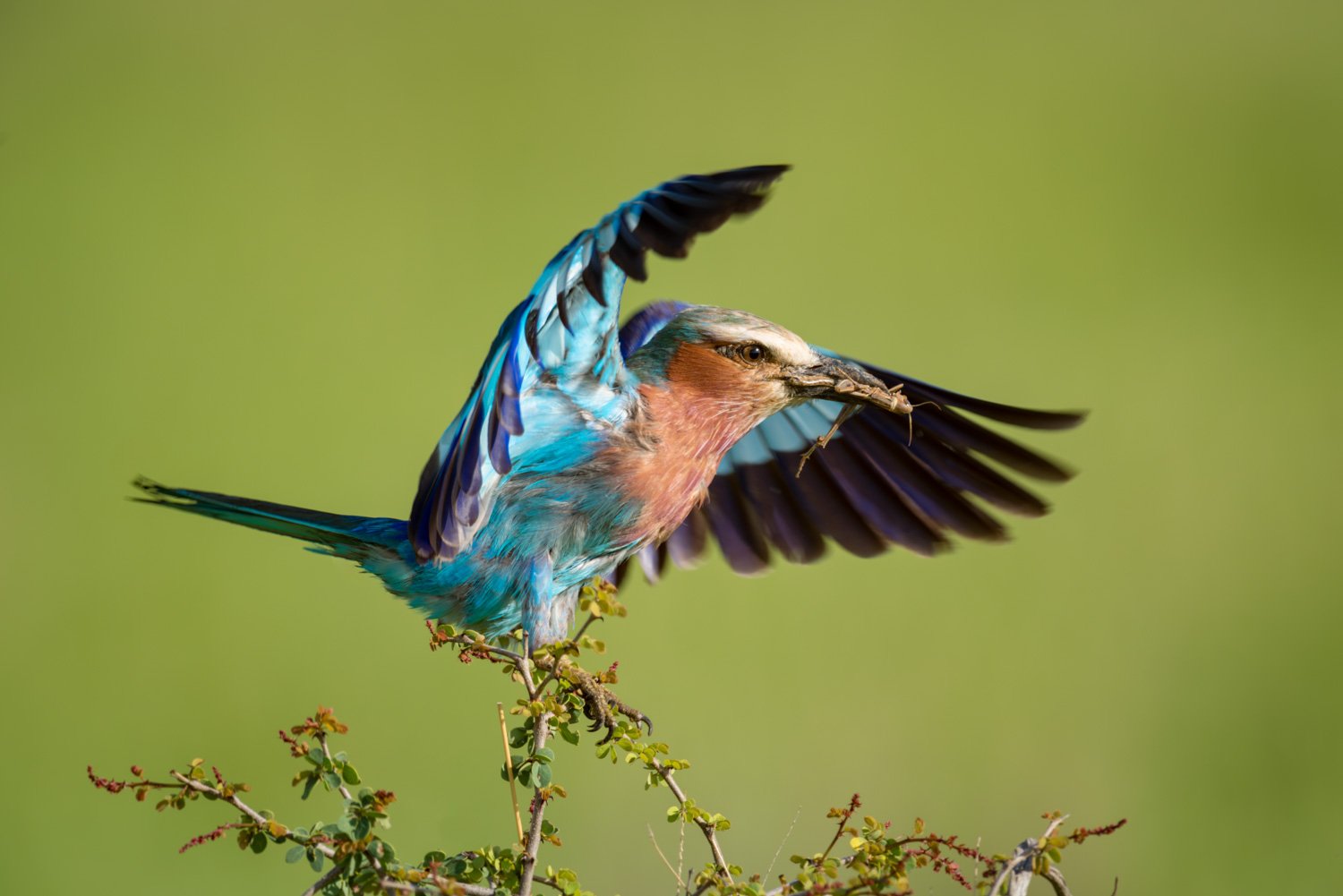
I'd Rather be Lucky than Good!
In a sense, every wildlife photograph is a matter of luck. These are wild birds and animals we’re talking about, not fashion models working in a studio! You can’t tell wildlife subjects to pose, and bears and big cats are too dangerous to get close to.
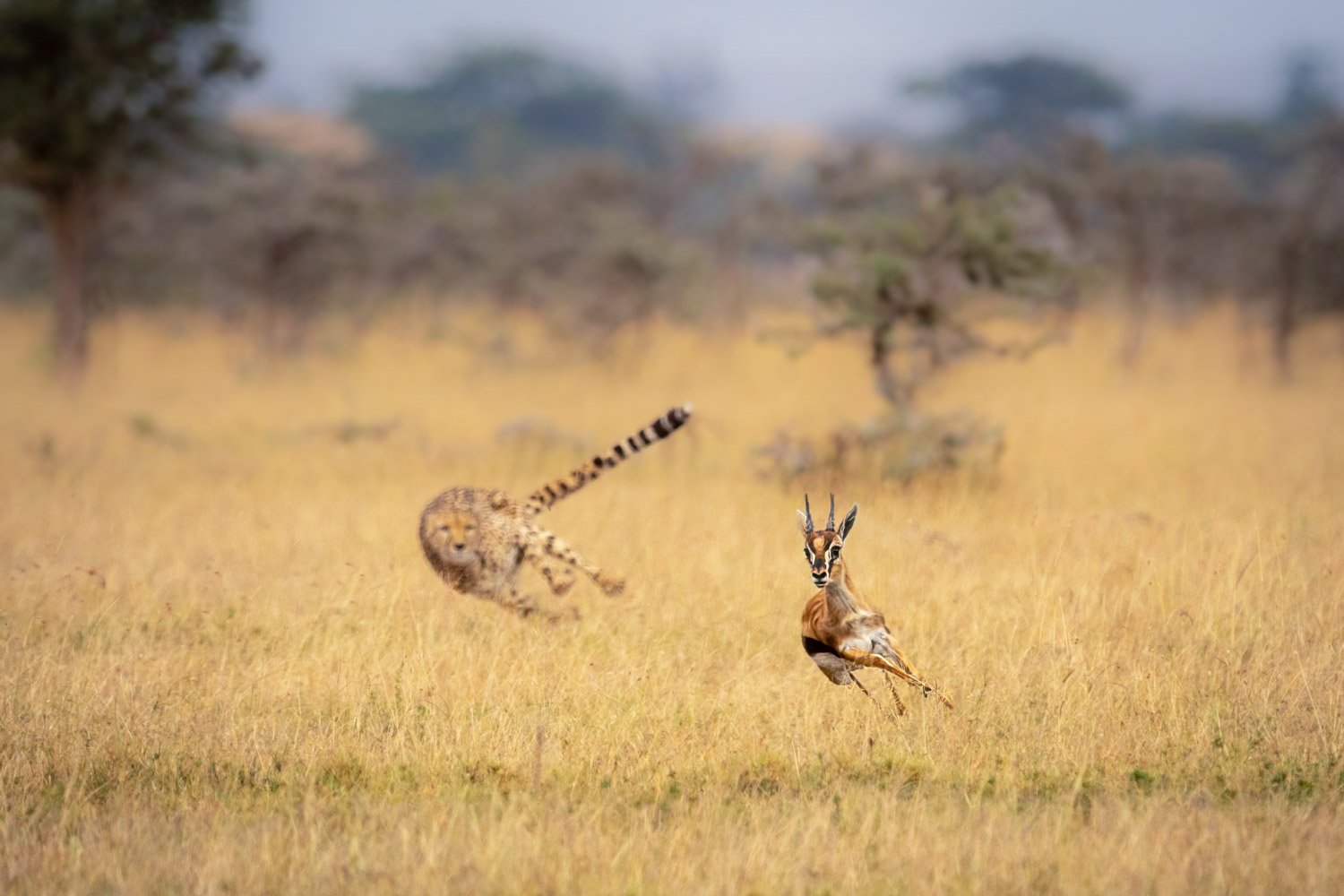
10 Classic Safari Shots
To my knowledge, not many photographers who go on safari put together a shot list in advance. That’s not necessarily a bad thing, but it’s worth considering so that you can make the most of your experience. The last thing you want to do is come home kicking yourself you didn’t get a shot of a leopard or a cheetah hunt.
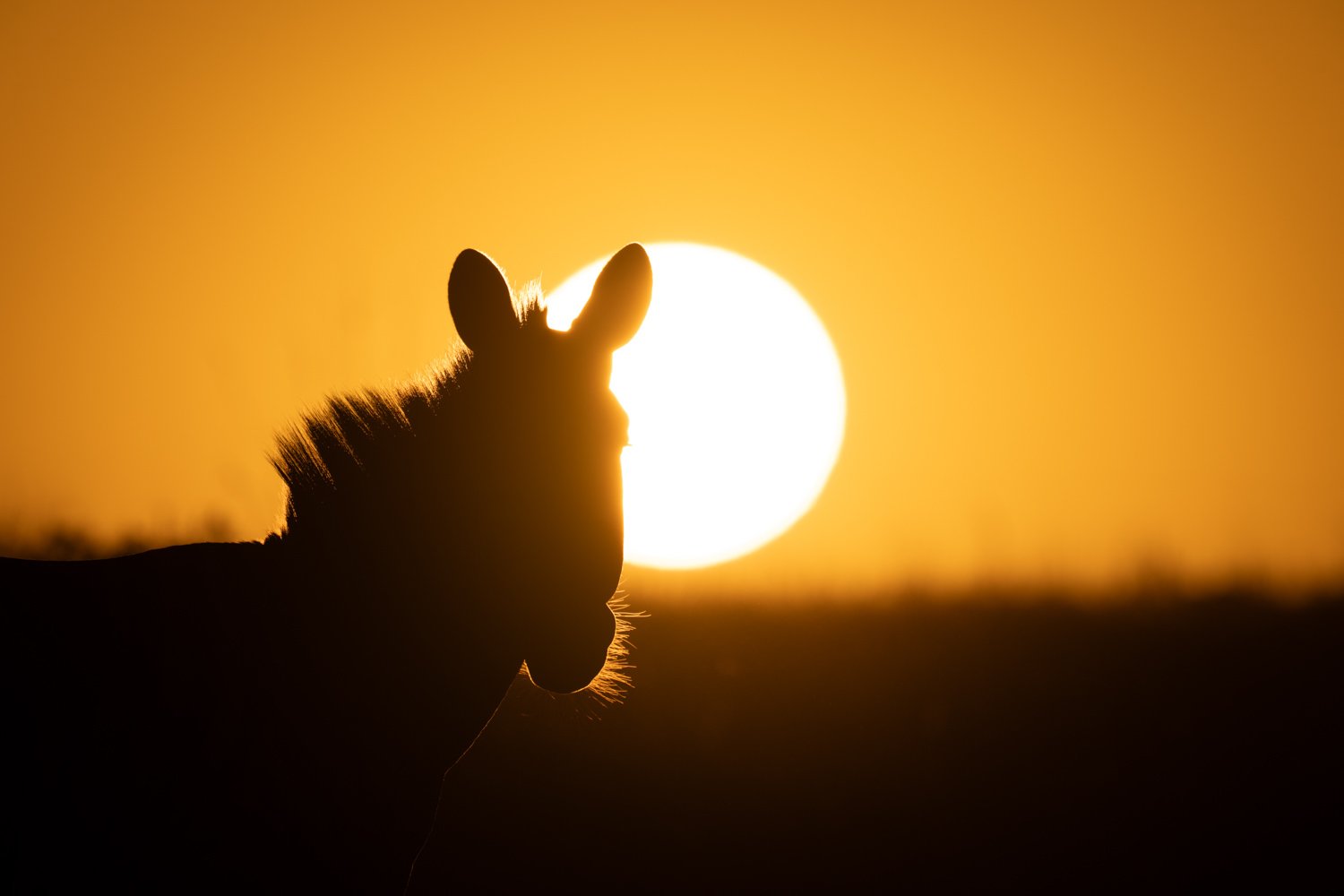
How to Improve Your Backgrounds
By definition, the background isn’t supposed to be as important as the subject, right? Well, that may be true, but the real point should be that you usually have far more control over the background than the wildlife! Here’s a pick-and-mix list of things you can do to improve your backgrounds—either by removing something negative or adding something positive.

How to Shoot Handheld
The first photograph was taken in 1826 by Joseph Nicéphore Niépce using a shutter speed of eight hours! He had to keep the camera still for so long that he needed a tripod. However, modern cameras and smartphones have brought shutter speeds down so far that most people shoot handheld. So what’s the best way to do it?
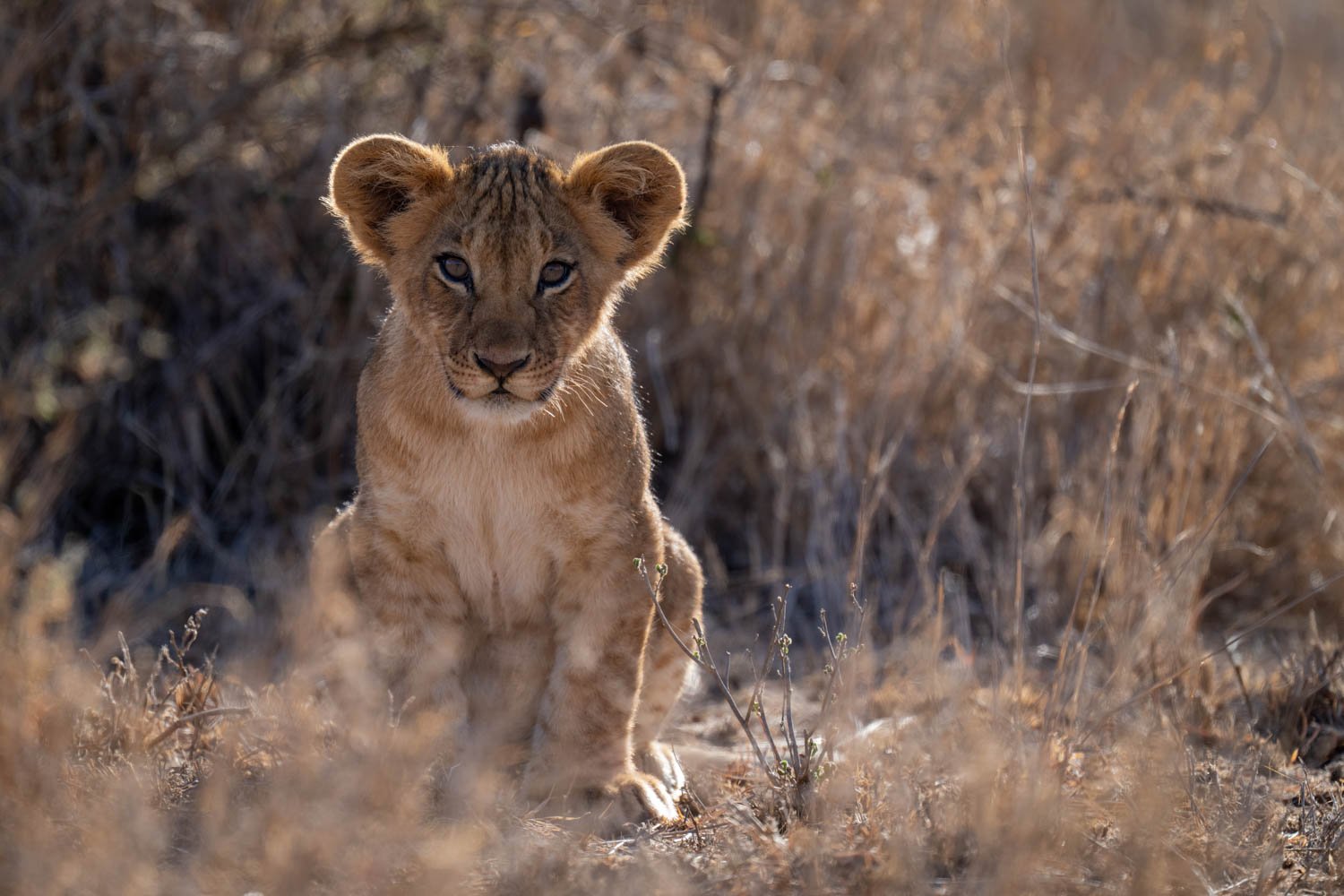
Fieldcraft
What is ‘fieldcraft’ exactly? Well, it’s the combination of knowledge and experience that lets you maximise your chances of taking good wildlife shots by knowing where and when to go and being able to predict what happens next.
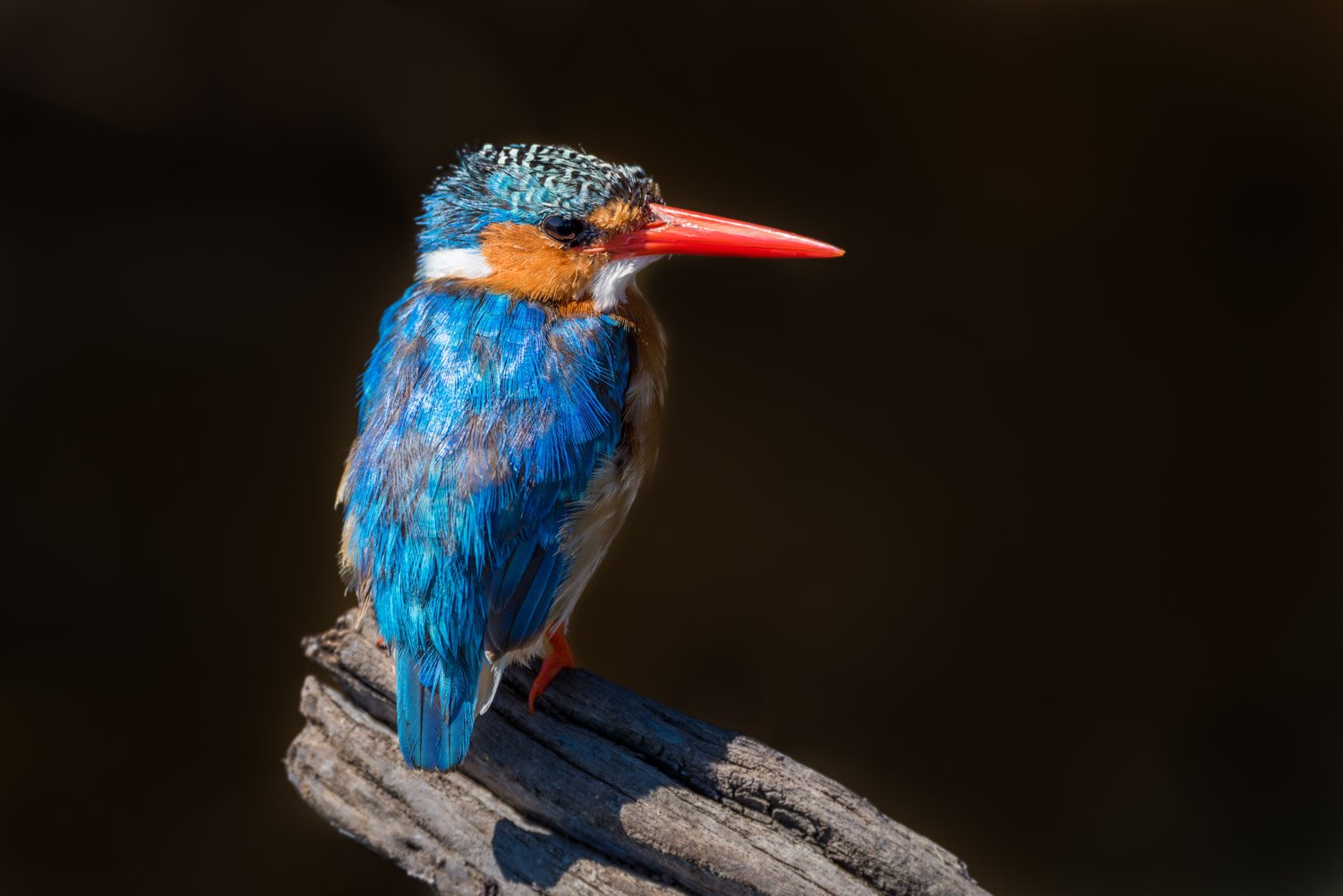
How to Photograph Birds Fishing from a Perch
We’ve all seen dramatic images of a kingfisher or bird of prey grabbing a fish while flying across a river or lake, but how do you get those shots? Bird in flight photography is hard enough without having to worry about the fish, too!
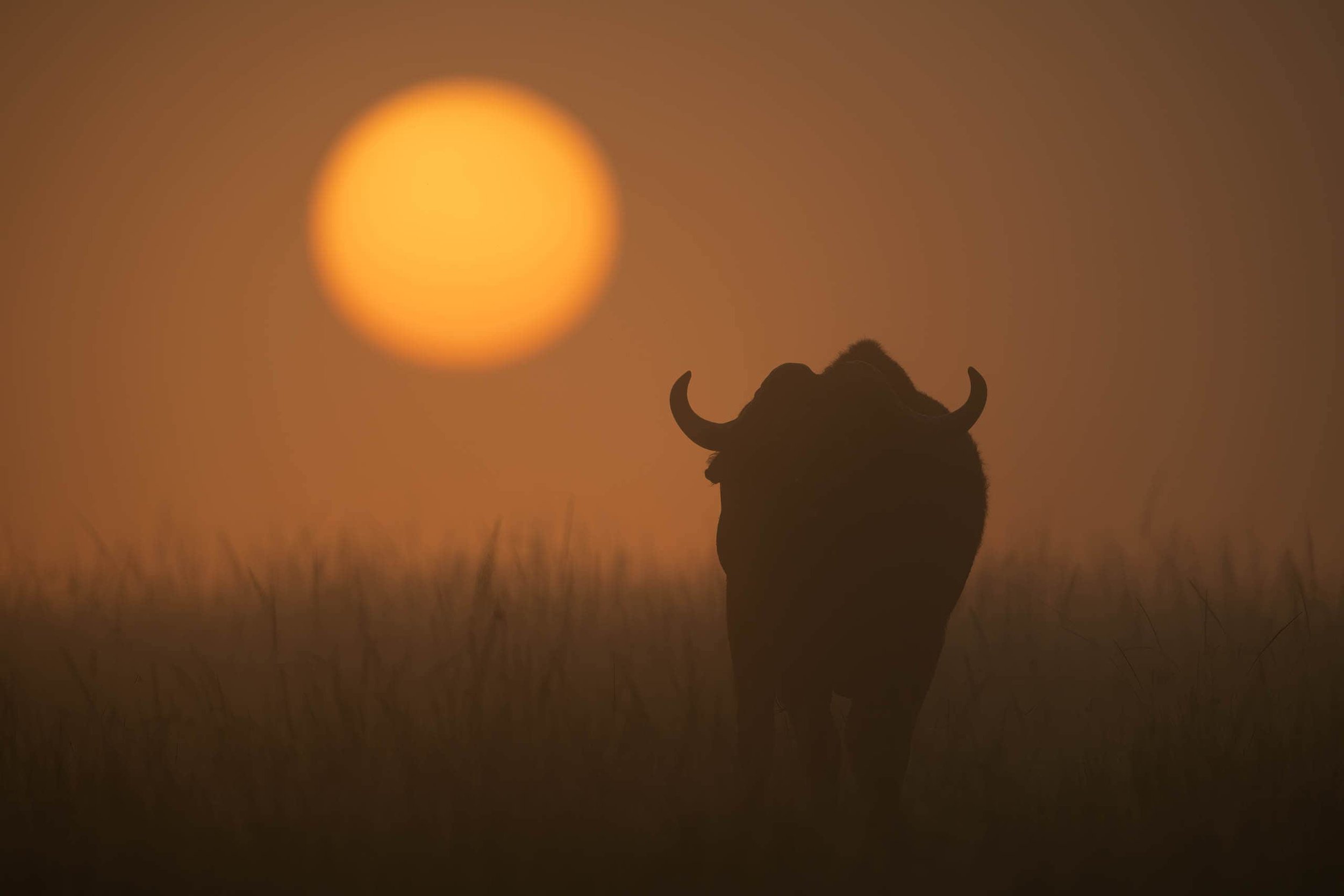
How to Shoot in Bad Weather
In the words of Alfred Wainwright, “There's no such thing as bad weather, only unsuitable clothing.” Well, in photography terms, it’s not the clothing that’s the problem but the type of shot. Here’s a quick guide to the right types of shots in different kinds of weather.
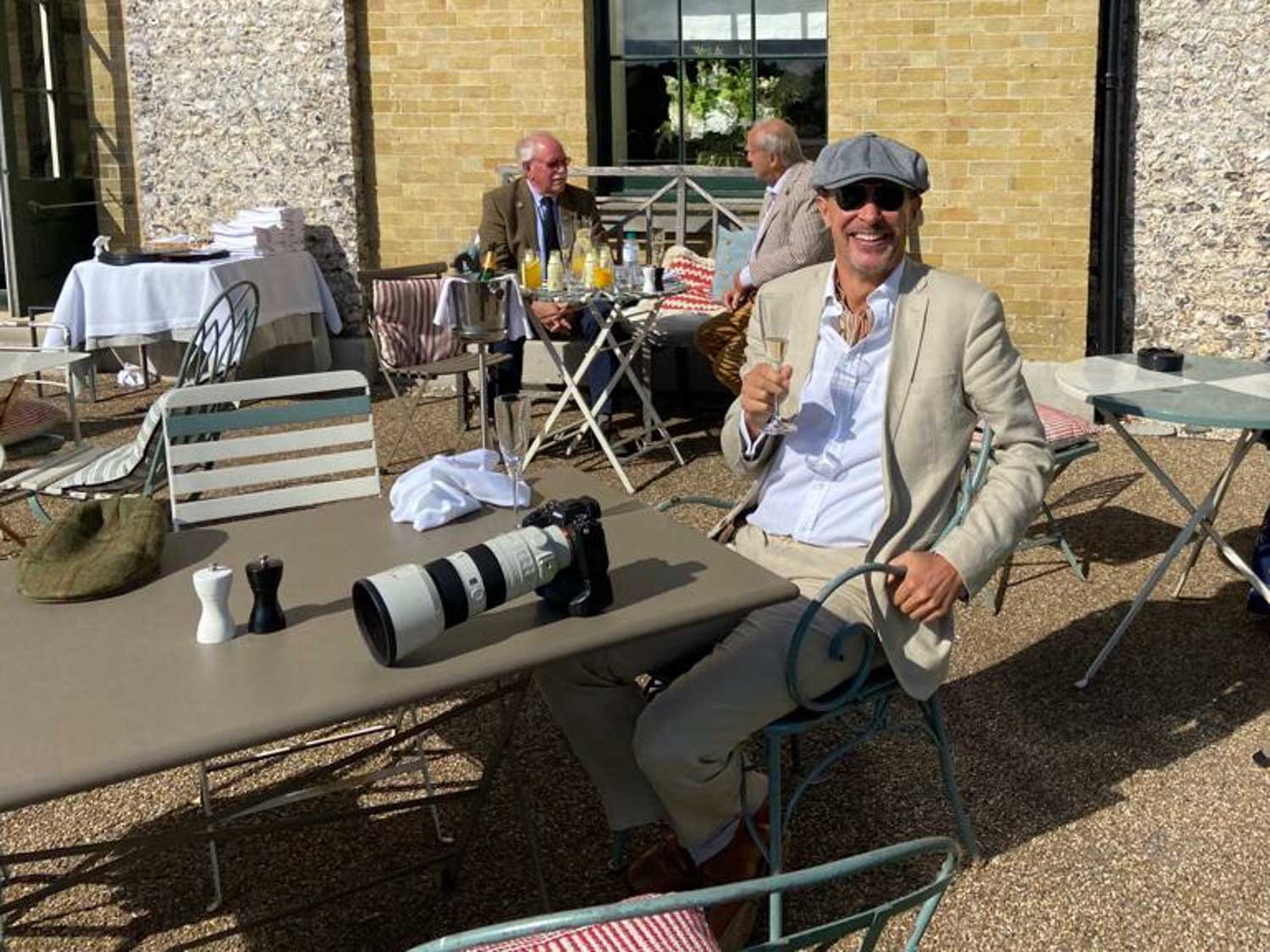
What Should Wildlife Photographers do Between Trips?
Matt Kloskowski once said there was no such thing as a professional wildlife photographer. That’s not quite true, but it is very hard to make a full-time living from it. So what are you supposed to do when you’re not on a shoot?
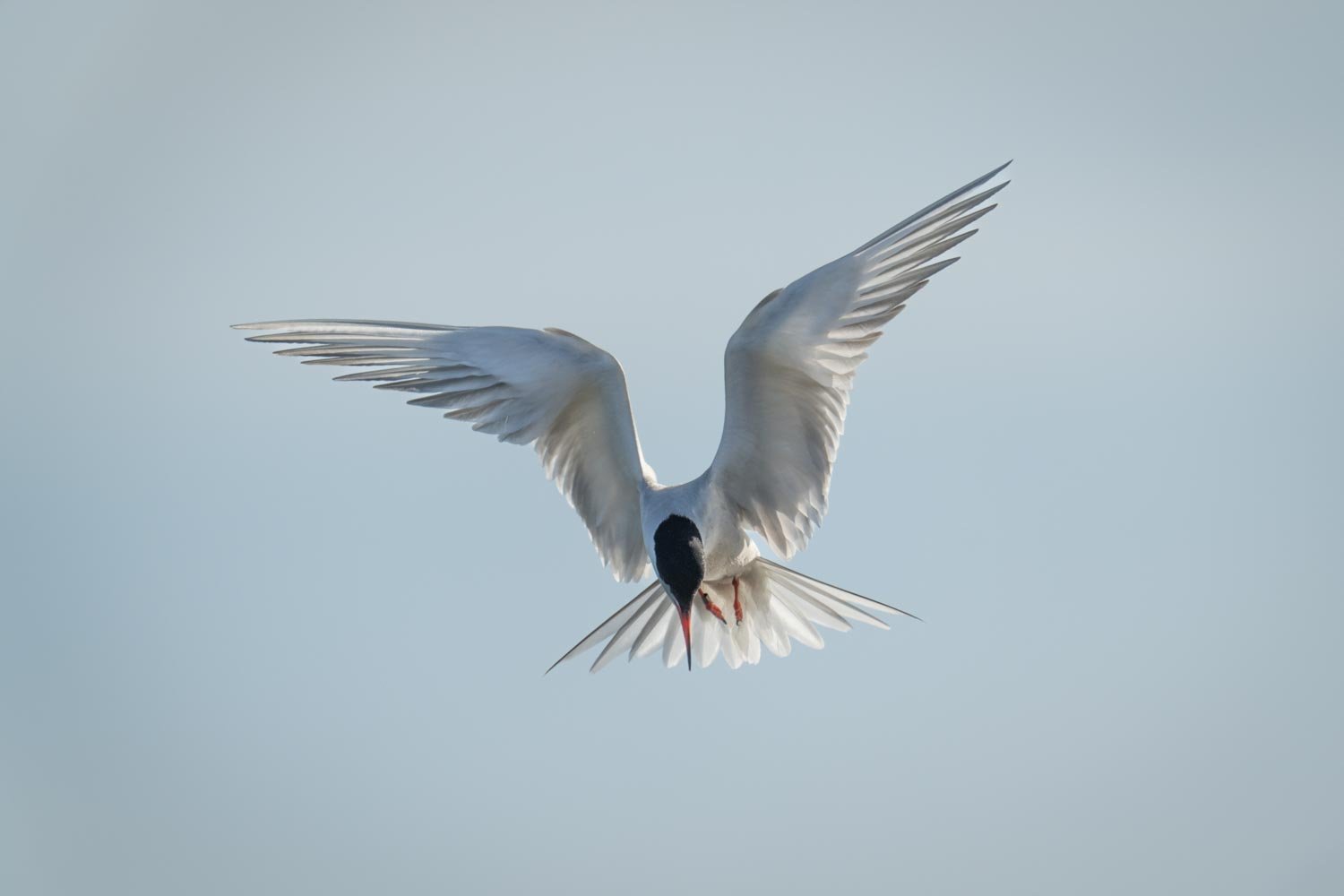
How to Photograph Birds Fishing from the Hover
Normally, I like to post a ‘successful’ picture to illustrate these hints and tips posts, but I can’t today because I failed miserably! I was trying to photograph a common tern diving for fish, but I just couldn’t get a good shot of the moment when it hit the water.
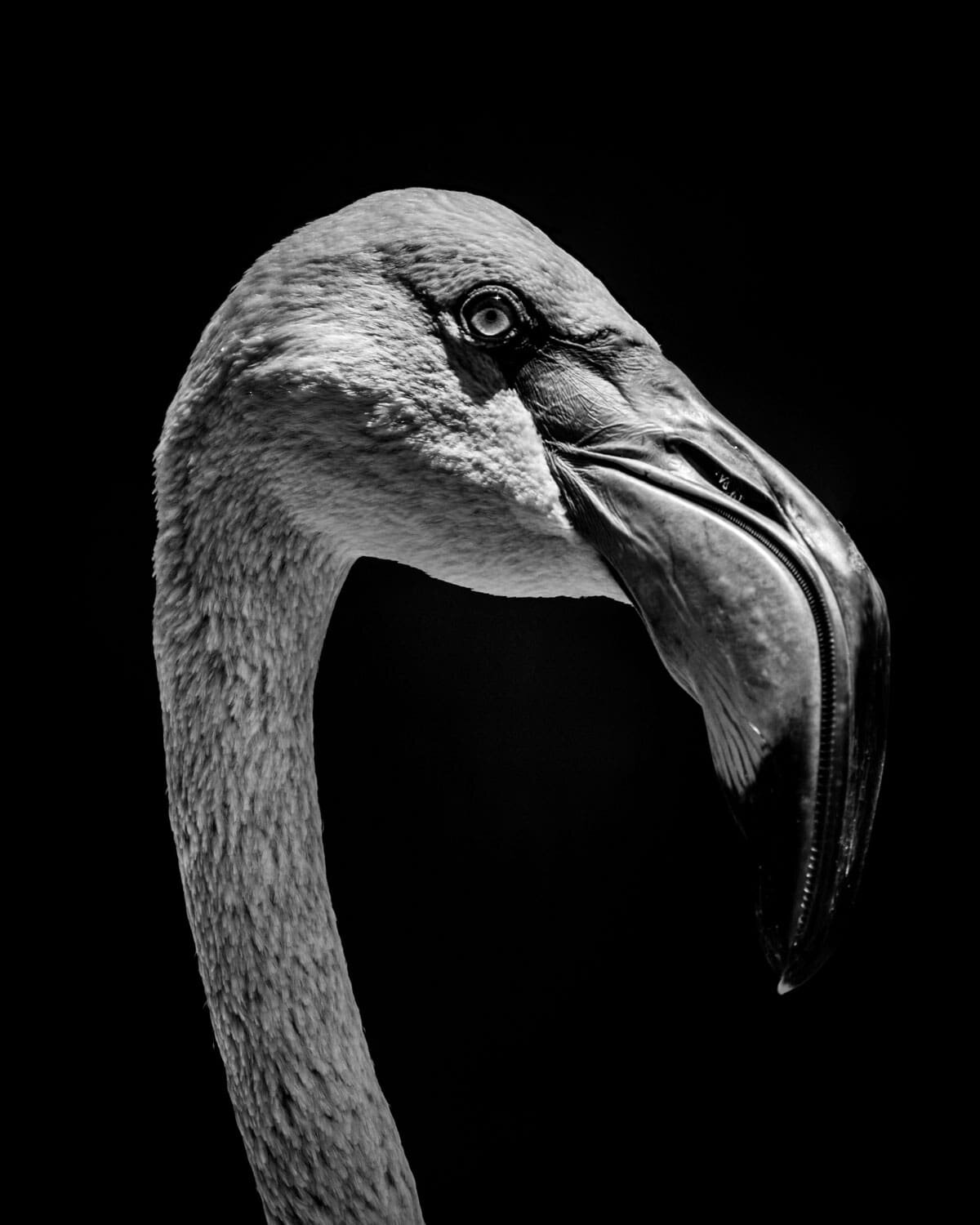
Low Key Portraits
Wildlife shots are ten a penny these days, so how do you make yours stand out from the herd? Well, one thing you can experiment with is low key portraits. All you need to do is underexpose the shot (either in camera or in Lightroom – see sections below), and you’ll create a whole new atmosphere, something that’s either moody, mysterious or threatening – whatever works best.

Wildlife Photography
Wildlife photography is a money pit.
Cameras, lenses and accessories cost thousands of pounds, and most people can’t resist a piece of new kit even if they don’t need it, so a lot of it just ends up gathering dust in the basement!
However, the good news is you don’t really need that much.
